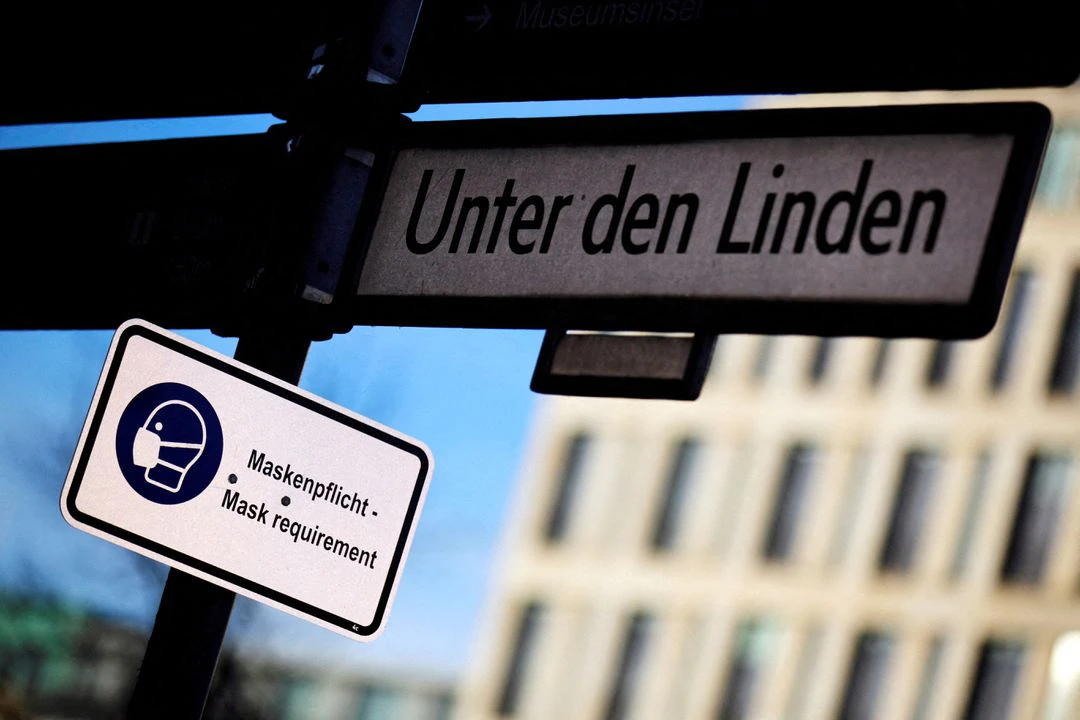
The Ifo economic institute revealed that the limits on Coronavirus in hospitality and retail businesses had increased the number of German employees placed on limited working hours in employment protection programmes in December.
According to Ifo’s monthly business sentiment survey, the number of workers on short-term labour programmes, commonly known as Kurzarbeit, increased by over a quarter to 879,000 from 712,000 in November.
According to Ifo researcher Sebastian Link, “the increase in coronavirus cases increased short-time work in the hospitality and retail sectors in particular.”
Short-term workers jumped from 75,000 to 126,000 in hospitality and from 23,000 to 53,000 in retail.
Employment in the manufacturing sector increased to 390,000 from 381,000, as firms continue to battle with semiconductor supply problems.
In December, shops and service providers were restricted due to high infection rates during the fourth coronavirus wave in Germany, which was prompted by the Delta variant.
Unvaccinated people were not allowed to enter non-essential institutions in Germany. The so-called 2G rule, which restricts entry to only those who have been vaccinated or recovered, has hit the Christmas season hard. Furthermore, the quick proliferation of the Omicron variant is casting doubt on merchants’ prospects.
The increase in COVID-19 cases, as well as additional limits to contain the disease’s spread, have raised labour market concerns, according to the Labor Office.
As a result, more employers have indicated that they may soon put more staff on furlough.
The number of employees on Kurzarbeit programmes declined to 710,000 in October, the most recent month for which reliable statistics was available. This was a significant drop from a high of about 6 million in April 2020.

Post Your Comments